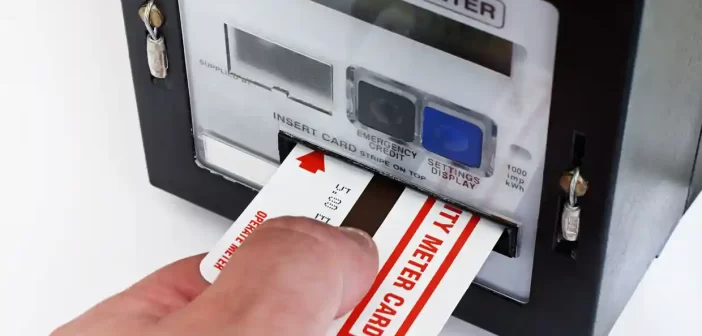Ministers are being urged to stop the forced installation of prepayment meters after revelations that 3.2 million people – the equivalent of one person every 10 seconds – were left with cold and dark homes last year as they ran out of credit.
As energy prices surged this winter, suppliers have stepped up the use of court warrants to force their way into homes to install prepayment meters, with some magistrates approving hundreds of applications at a time. For homes with smart meters, the change can be made remotely without even needing a warrant.
An estimated 600,000 people were forced to make the switch away from credit meters after racking up debt with their energy supplier in 2022, compared with 380,000 in 2021, according to a major report by Citizens Advice, which is calling for an immediate ban on the use of court warrants. The charity fears a further 160,000 people could be switched by the end of winter if no further action is taken.
“There must be a total ban on energy companies forcing those already at breaking point on to prepayment meters,” said Clare Moriarty, the chief executive of Citizens Advice. “If the energy regulator doesn’t act, the government must intervene.”
Campaigners are warning of “disconnection by the back door”, with suppliers protecting their bottom line as consumers faced with cost of living rises struggle to top up and are cut off from heating and power.
Prepay meters charge for energy at a higher rate than contracts where the customer pays monthly or by direct debit, and people in debt are often left with no choice but to “self-disconnect”. For many, running out of credit is not a one-off event. More than 2 million people are being disconnected at least once a month, according to the report. A fifth of those on prepay report going without heat or light for at least 24 hours, unable to cook or wash.
Citizens Advice said more people sought its help because they couldn’t top up in 2022 than in the previous 10 years combined.
Source: The Guardian

